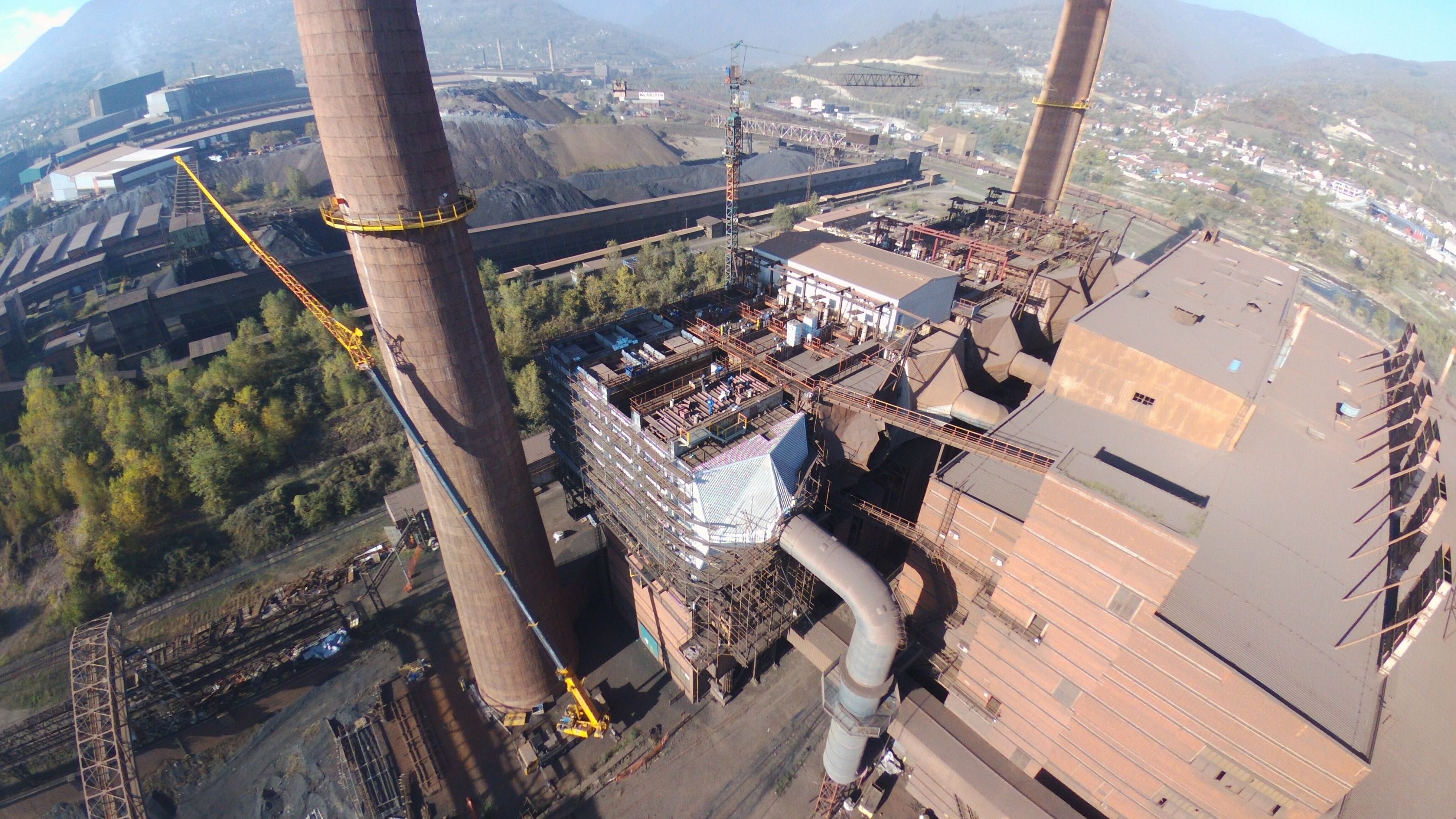
A view of ArcelorMittal’s Zenica steel plant.
Credit: Website/ArcelorMittal
Residents of the central Bosnian town of Zenica recently celebrated the announcement that steel giant ArcelorMittal S.A. will shut down a major part of its plant. For years now, the locals have blamed the Luxembourg-headquartered company for polluting the area and contaminating its soil.
A 2023 report by Bosnia-Herzegovina’s Ministry of Environment, obtained by the Organized Crime and Corruption Reporting Project (OCCRP), confirmed the local populace's concerns, showing the company failed to implement recommended anti-pollution measures.
Nikhil Mehta, CEO of ArcelorMittal Zenica (AMZ), admitted that while the company inherited many issues, they were overly optimistic about addressing them. "We were over-ambitious to complete everything," Mehta told the Center for Investigative Journalism (CIN).
The Ministry's report highlighted that AMZ did not introduce necessary technology and comply with directives to prevent environmental contamination. In an email response to OCCRP, AMZ acknowledged these failures, saying that some measures were delayed and others became obsolete with the closure of the 'coke plant' in March this year. The coke plant, which converted coal into coke for steel production, was shut down as further upgrades were not possible. AMZ claims this closure resulted in an 80 per cent reduction in total emissions from the unit.
Heavy metal contamination can be observed in the soil around AMZ’s facilities. Tests conducted by the Center for Investigative Journalism confirmed high levels of pollutants such as arsenic and lead. AMZ blamed the contamination on previous steel plants that operated in the area.
Despite multiple environmental violations and resulting fines, critics argue enough isn't being done to rein AMZ in. Nasiha Pozder, Bosnia-Herzegovina's Minister of Environment and Tourism, told OCCRP, “It seems those penalties serve their interests more than complying with the requirements from the environmental permit."